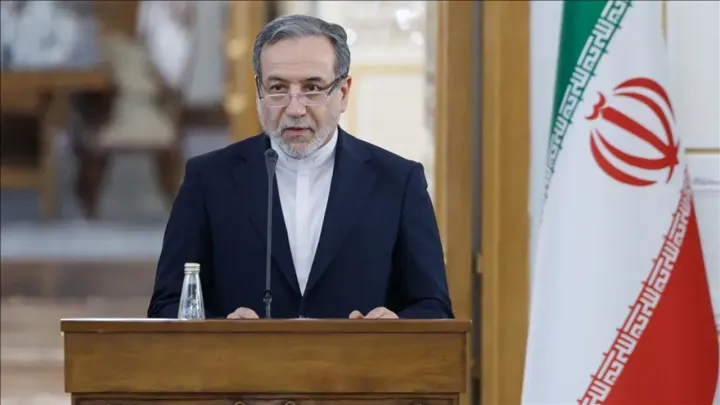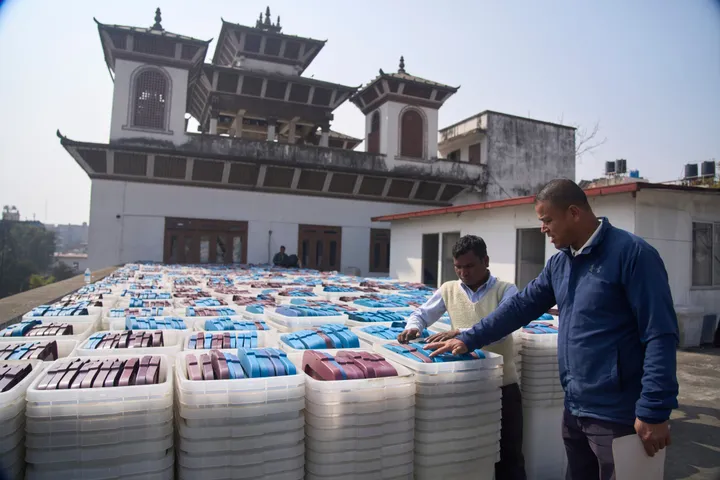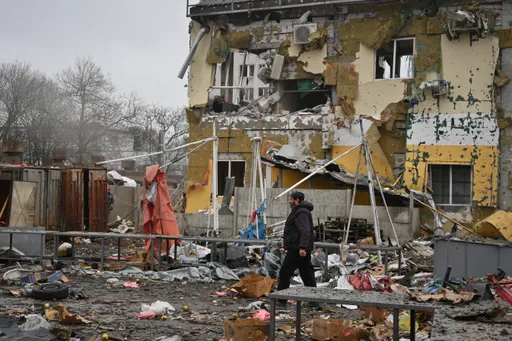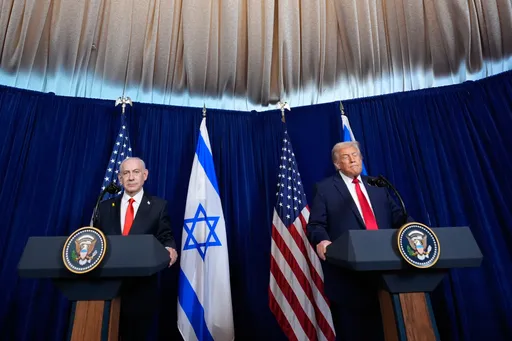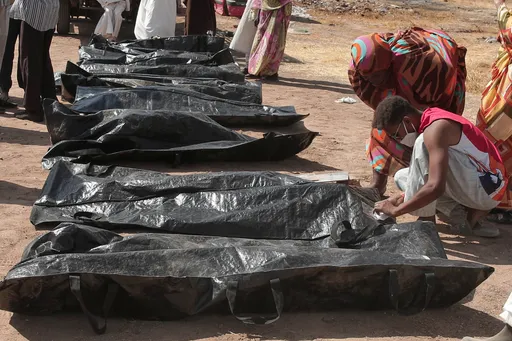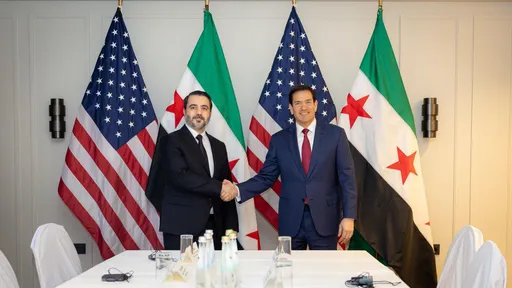Different factions of the Libyan civil war have gathered around the negotiating table set up by the United Nations in Geneva as the international body aims to secure a permanent ceasefire.
The effort aims to galvanise peace talks after previous attempts failed to implement a ceasefire in the fight between the UN-recognised Government of National Accord (GNA) and the militias led by warlord Khalifa Haftar.
Fighting has continued on the ground despite calls for a truce by Russia and Turkey, while the international summit on Libya last month in Berlin focused on reducing international interference.
What's 5+5?
The talks bring together five senior military officers aligned with Haftar’s Libyan National Army (LNA) and five counterparts from forces aligned with the internationally-recognised GNA, which is based in Tripoli, western Libya.
The warring parties have agreed on the principle of turning the shaky fragile truce into a lasting ceasefire, UN’s Libya Envoy Ghassan Salame said during the press conference.
Russia, the United Arab Emirates, Egypt, Saudi Arabia, and Greece began to throw their support behind the former CIA asset-turned warlord Haftar, whose militias are waging a war against the internationally-recognised GNA to prevent it from establishing its authority.
On the other hand, Turkey, Qatar and Italy support the UN-recognised government based in Tripoli.
“The principle has been adopted from the first session. Now the question is what are the conditions,” Salame said.
And he added: “There is a genuine will for both parties to sit together and start negotiating together.”
"Scandal"
The Geneva talks are closely observed by UN Secretary-General Antonio Guterres who recently expressed his frustration, calling the situation in Libya a “scandal”.
“I am deeply frustrated with what’s happening in Libya,” Guterres said in a press conference in which he criticised the participants of the Berlin conference for not following the agreement.
“They committed not to interfere in the Libyan process and they committed not to send weapons or participate in any way in the fighting,” Guterres said at the United Nations headquarters in New York.
“The truth is that the Security Council [arms] embargo remains violated.”
The UAE, a major supplier to Haftar's militias, has continued to supply heavy arms and fighter jets in recent days, which saw a surge in flights from the UAE to the western Libya controlled by Haftar.
The secretary-general called the mediation efforts of the UN “the only good news” there.
Libya has been mired in chaos since a 2011 NATO-backed intervention that killed longtime dictator Muammar Gaddafi, with two rival administrations vying for power.
The conflict deepened when Haftar, who controls much of the south and east of Libya, launched an assault last April to seize Tripoli, the base of the GNA, led by Fayez al Sarraj.

